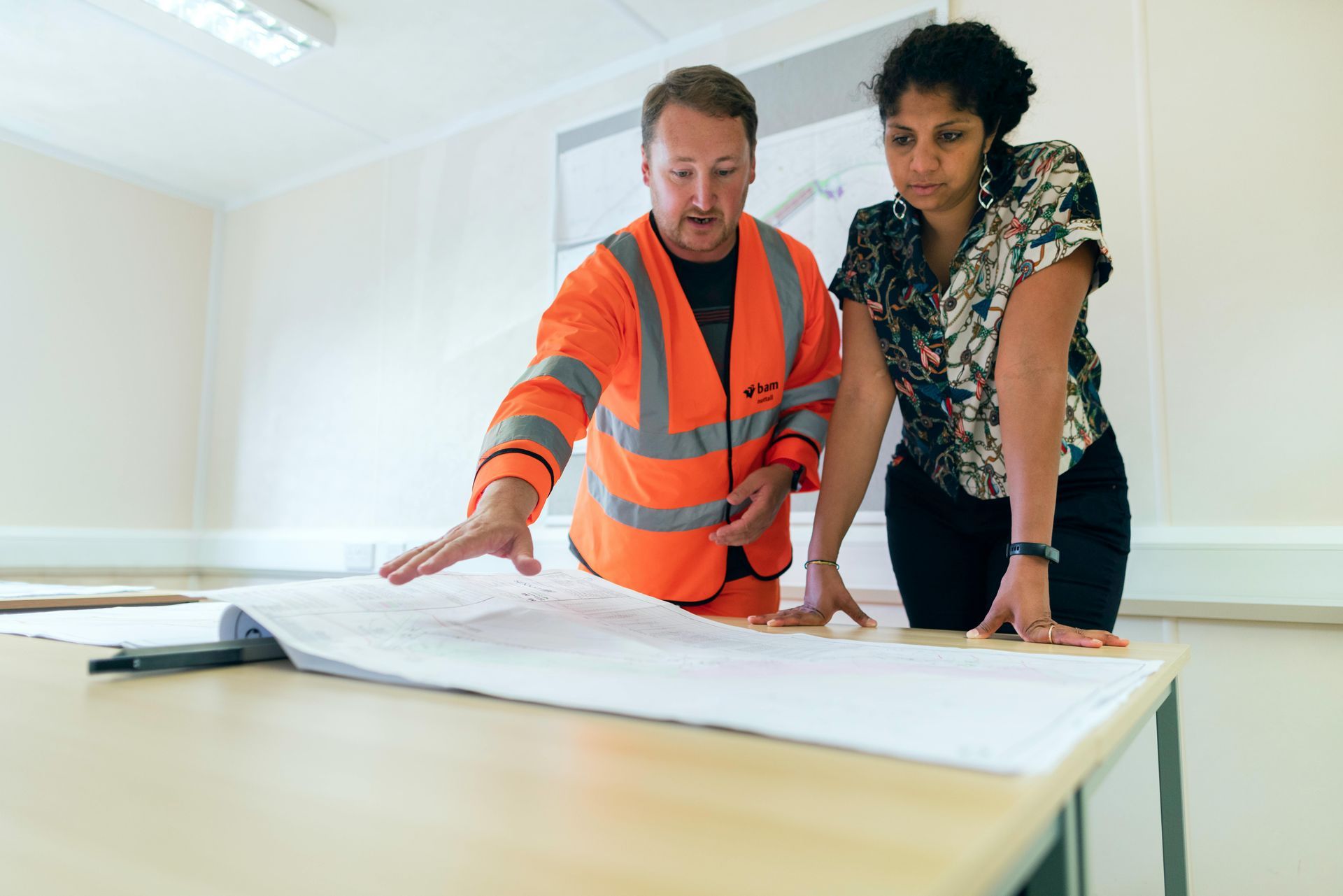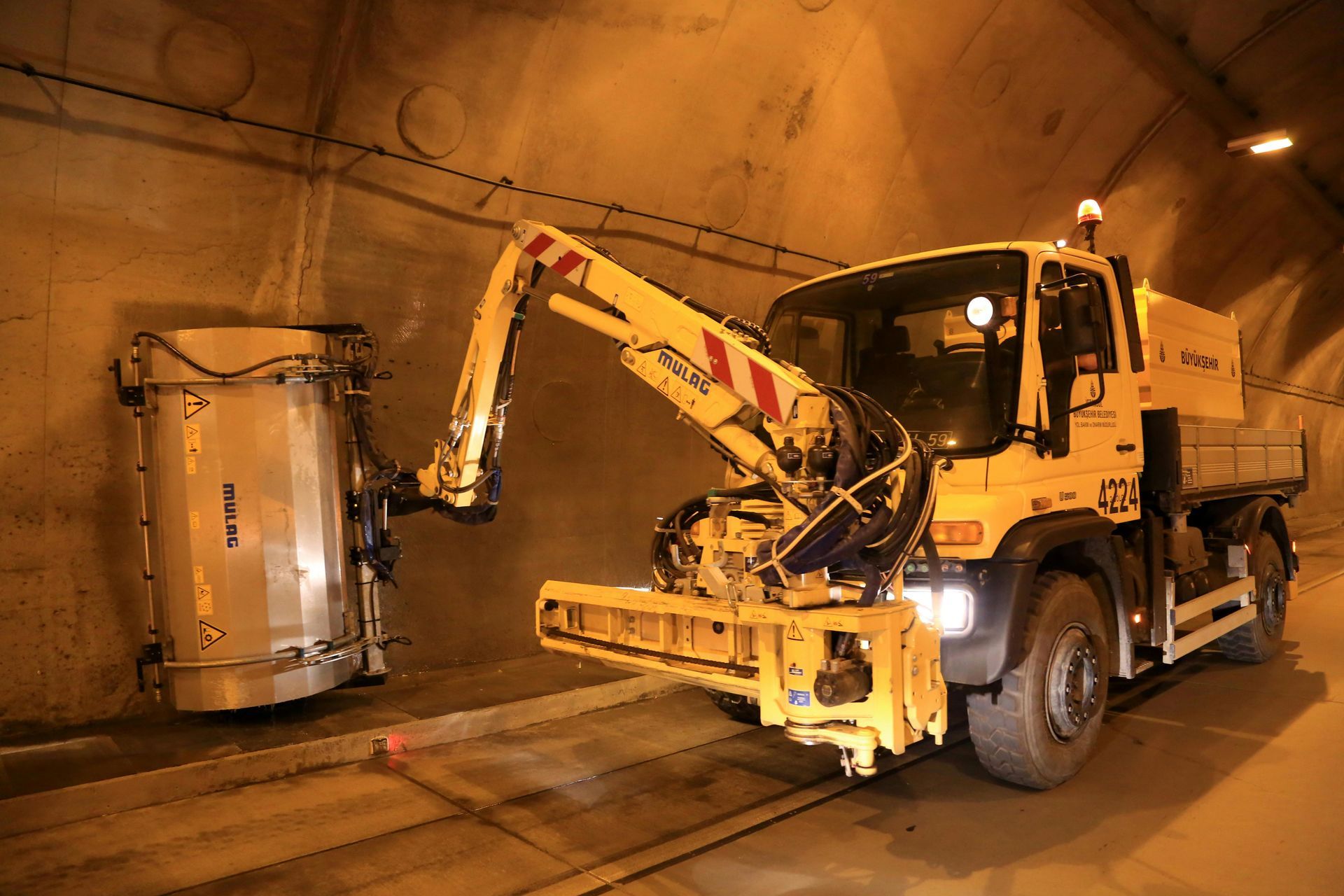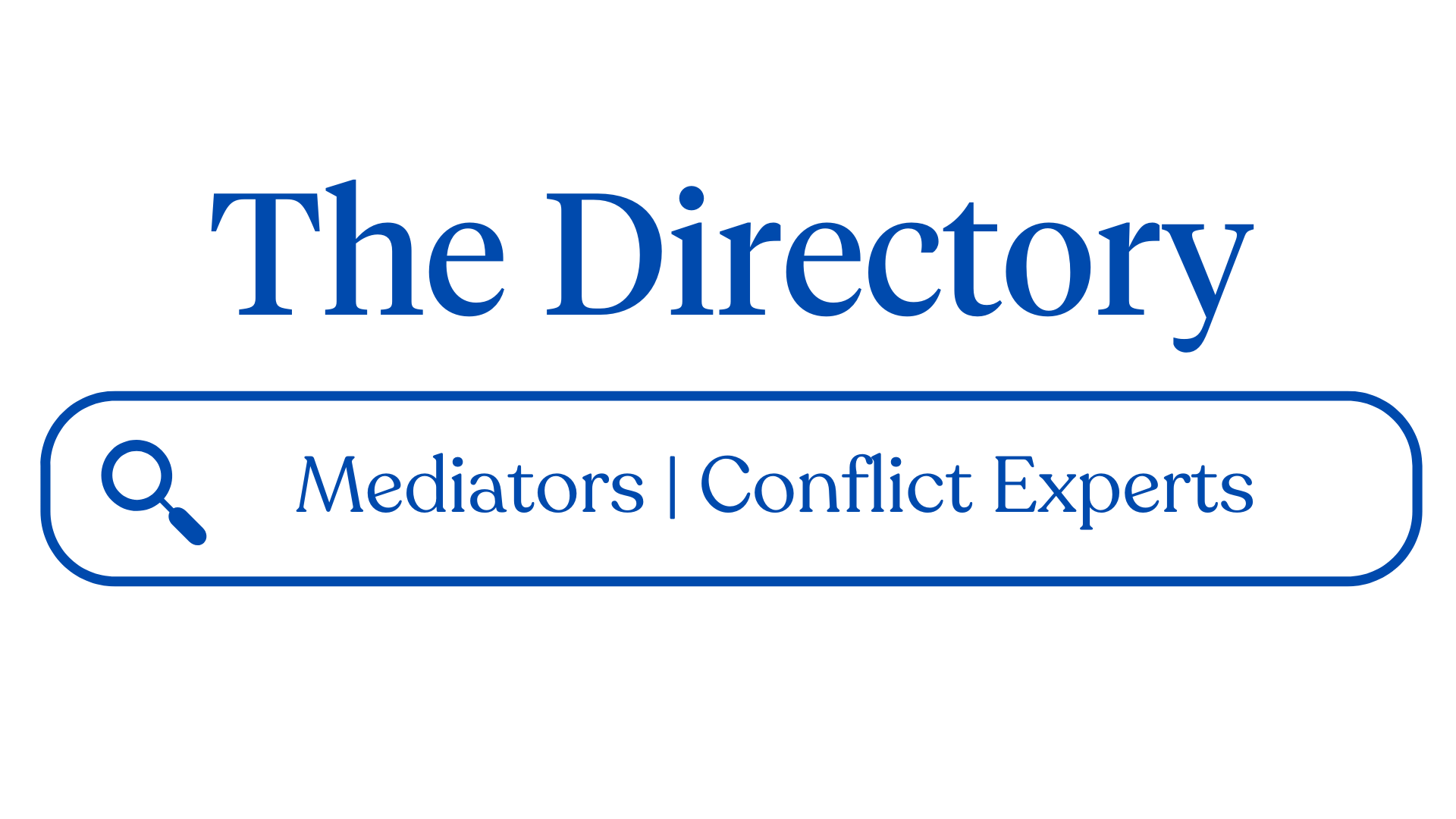Effective Strategies for Resolving Construction Disputes
Construction Dispute Resolution Strategies That Work

Disputes in the construction industry are not just common; they can have widespread ramifications. From delayed projects to inflated costs and strained relationships, construction disputes often create substantial challenges for all parties involved. For construction professionals, contractors, and stakeholders, finding effective ways to resolve these disputes is critical.
This guide explores proven construction dispute resolution strategies that mitigate conflicts, prevent escalation, and keep your projects on track.
The High Stakes of Construction Disputes
Construction projects, whether small-scale housing developments or massive infrastructure undertakings, involve multiple stakeholders, tight timelines, and extensive budgets. Disputes can arise from unclear contracts, budget overruns, performance issues, or unforeseen changes in project scope. Left unresolved, these disputes can spiral into legal battles, cost overruns, and project failures.
Implementing proactive dispute resolution strategies is, therefore, more than a best practice; it’s a business imperative.
Start With a Solid Foundation
Clear Project Scope, Timelines, and Responsibilities
At the heart of many disputes lies an ambiguous contract. A well-crafted construction contract is essential for setting expectations and minimising misunderstandings. Key elements include:
- Detailed Project Scope: Clearly define the work to be done, project specifications, and deliverables.
- Specific Timelines: Include milestones, deadlines, and protocols for addressing delays.
- Stakeholder Responsibilities: Outline who is responsible for what to prevent finger-pointing later.
Contracts serve as the first line of defence against disputes. Ensure that they are comprehensive, precise, and reviewed by legal experts experienced in construction law.
Address Issues Before They Escalate
Proactive Dispute Resolution Procedures
Dispute resolution mechanisms should be included in every project contract. These procedures provide a roadmap for addressing issues before they escalate into full-scale conflicts. Common approaches include:
- Early Negotiation: Encourage parties to resolve issues informally through open communication.
- Dispute Resolution Boards: Appoint neutral experts to help mediate disputes early in the project.
- Step-Up Clauses: Escalate unresolved disputes to mediation or arbitration.
Proactive measures save time and reduce costs compared to protracted legal battles.
Keep Records, Keep Control
Documentation and Communication
Detailed record-keeping and clear communication are cornerstones of effective dispute management. When disputes arise, documentation provides a factual basis for resolving issues. Key practices include:
- Regular Documentation: Maintain records of contracts, change orders, progress reports, and communication logs.
- Transparency in Communication: Foster open dialogue between all parties and ensure that all agreements are captured in writing.
Not only does this approach reduce ambiguity, but it also builds trust among stakeholders.
Avoid Surprises in Budget and Scope
Transparent Approval Processes and Cost Management
Budget disputes often occur when project costs exceed initial estimates. To prevent this, implement transparent cost management and approval processes, including:
- Tracking project spending against forecasts.
- Formal approvals for change orders and additional costs.
- Regular updates to all stakeholders regarding budget and scope changes.
These measures ensure everyone is on the same page, reducing the likelihood of financial disputes.
Monitor Progress and Quality
Regular Oversight of Work
Frequent monitoring of work progress and quality is vital for identifying potential issues before they escalate. Establish processes for routine site visits, performance evaluations, and progress tracking.
When performance issues do arise, address them swiftly. This includes implementing corrective actions, adjusting project plans, and working closely with contractors to find mutually acceptable solutions.
When Prevention Isn’t Enough
Mediation and Arbitration
Even the best preparation can’t entirely eliminate disputes. That’s where mediation and arbitration come into play. These alternative dispute resolution (ADR) mechanisms are highly effective in resolving conflicts outside of costly and time-consuming litigation.
- Mediation: Ideal for disputes requiring cooperation, mediation involves a neutral professional who helps parties reach a mutually acceptable settlement.
- Arbitration: This more formal process allows a neutral arbitrator to deliver a binding decision based on the evidence presented, similar to a court judgment.
According to Gordon Tregaskis, a leading mediator in construction disputes, “Mediation preserves relationships by focusing on collaborative solutions. It’s a valuable approach for long-term partnerships.”
Spotlight on Gordon Tregaskis
When it comes to construction dispute resolution, expertise matters. With over 40 years of international experience, Gordon Tregaskis is a trusted advisor to contractors, project managers, and investors navigating complex disputes.
Gordon’s approach is both pragmatic and results-driven. His extensive background in mediation, arbitration, and construction management ensures that disputes are handled with the utmost professionalism and efficiency.
Gordon has resolved high-stakes conflicts in infrastructure projects across Europe, Asia, the Middle East, and America. Whether it’s a multi-million-dollar delay claim or disputes over project financing, Gordon’s solutions-oriented methods have consistently delivered successful outcomes.
To consult Gordon Tregaskis for comprehensive mediation or arbitration services, contact him here.
Building Better Outcomes
Construction disputes are an unavoidable reality in complex projects. However, with proactive strategies, clear communication, and expert dispute resolution, they don’t have to derail your operations.
Start by implementing the approaches outlined in this guide to reduce risks and foster strong partnerships. And when specialised help is needed, turn to an expert like Gordon Tregaskis to guide your team toward a successful resolution.
Take the first step today. Contact Gordon for a consultation and protect your projects with confidence.











